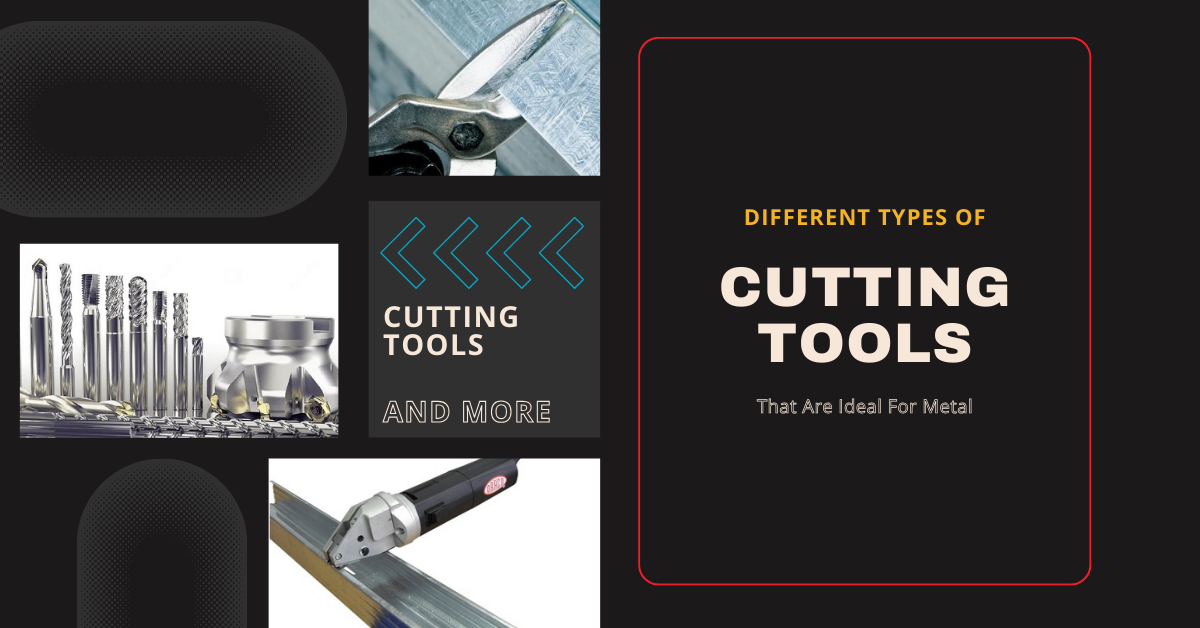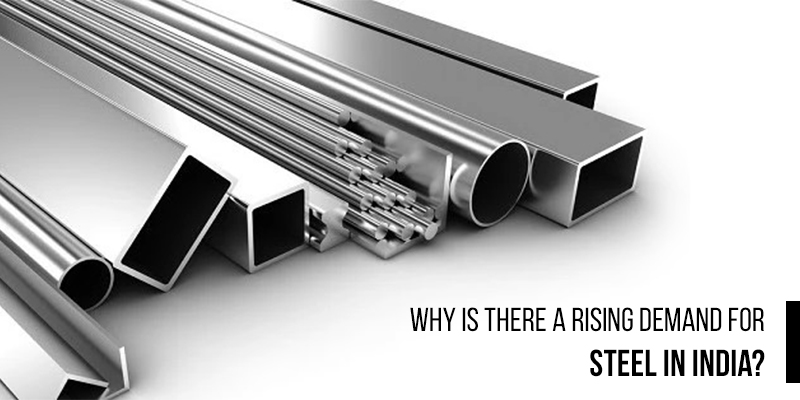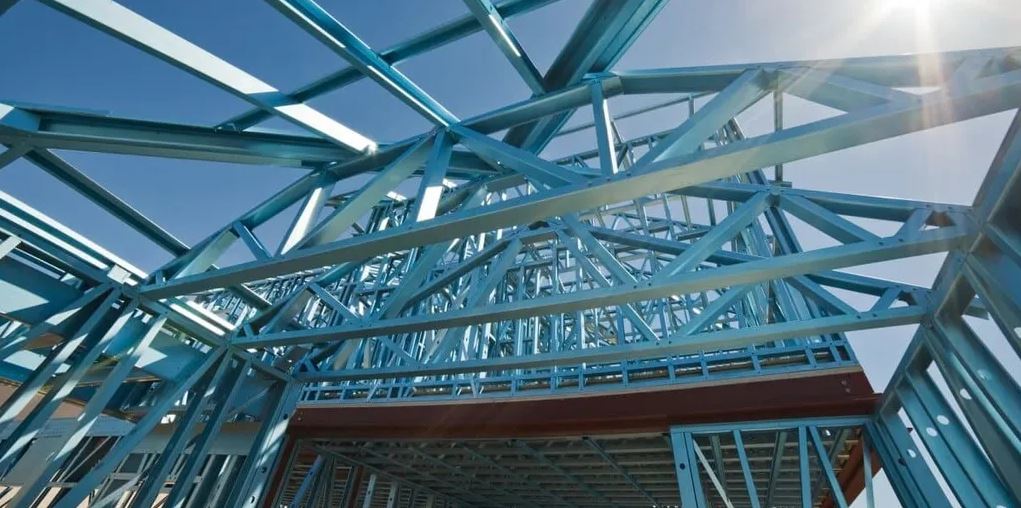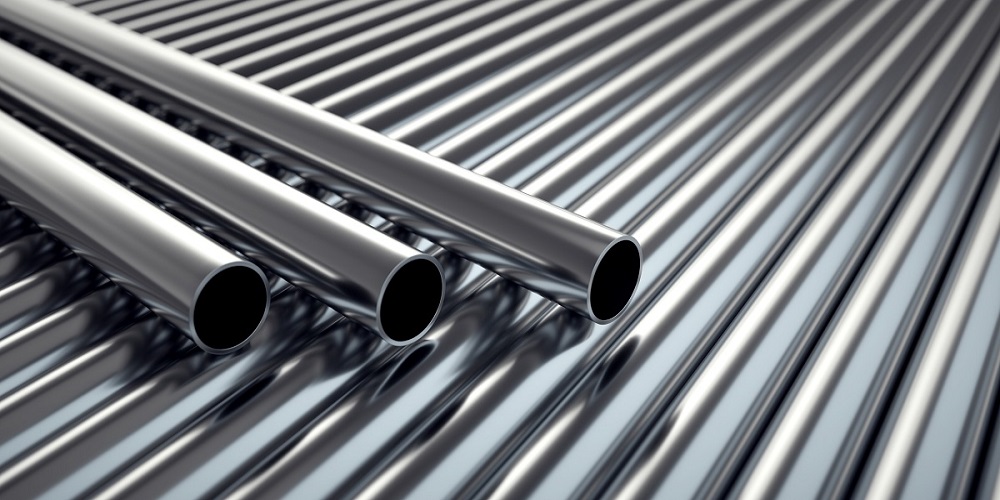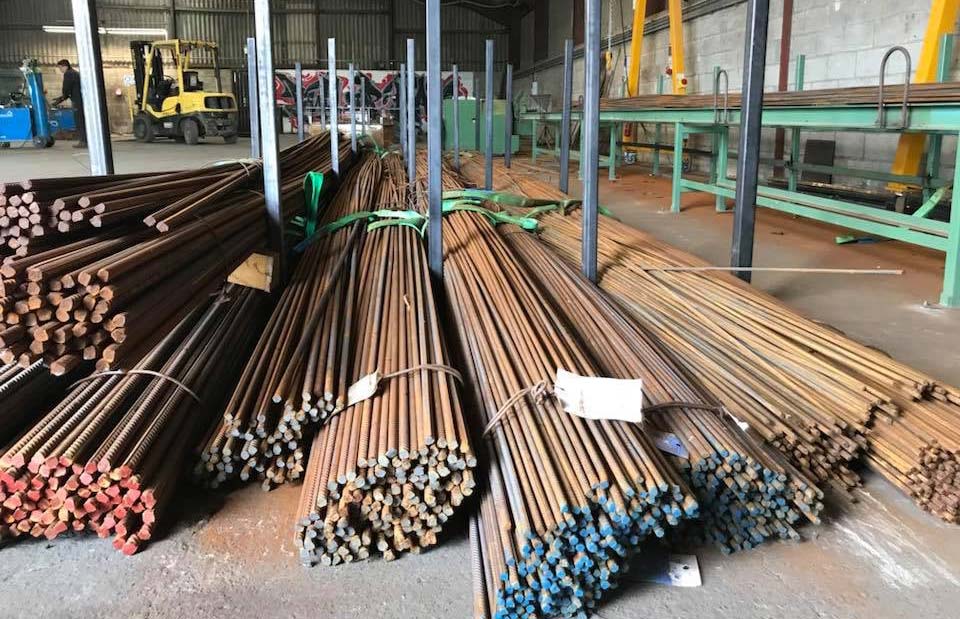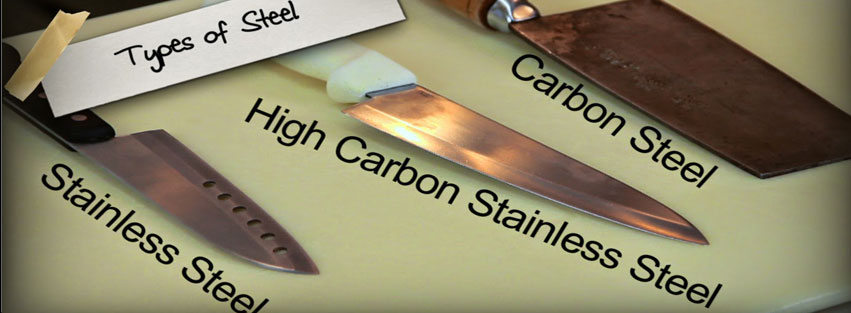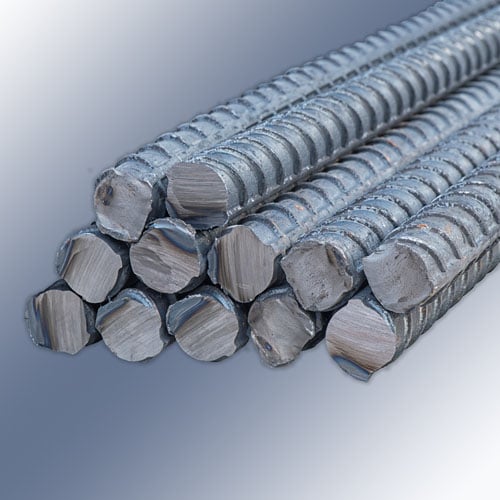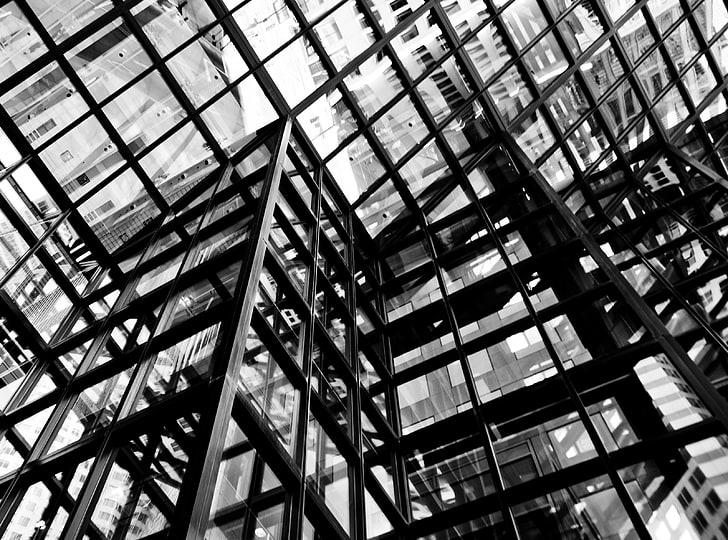In metal fabrication, essential skills include shaping and molding metal components and the proficiency to cut metal to suit specific project requirements. Metal products, such as steel SAIL TMT bar and MS chequered plate, are known for their durability and resilience, which has prompted the development of specialized tools for cutting. These metal cutting tools encompass a wide range, be they operated by hand or machinery. Hence, this blog explores the different types of ideal metal-cutting tools that can be invaluable when crafting your upcoming project’s metal components.
Lathes:
Lathes are similar to potter’s wheel operation, where the metal is rotated along its horizontal axis on the mechanical device, enabling various operations such as cutting, threading, sanding and many more. One of the primary advantages of using lathes as a cutting tool is to achieve the perfect circular shape along its symmetrical axis.
Initially designed for artisanal purposes, lathes have found more comprehensive applications due to their versatility, allowing them to craft specialized metal components with practical uses such as doorknobs, nuts, screws, and even gun barrels.
Saw:
Saws, among the earliest cutting tools, continue to be employed today due to their straightforward operation and adaptability. They come in various forms, each offering unique methods of use. These tools are particularly prevalent for cutting sheet metal and metal pipes due to their uncomplicated design and easy use. While various types of saws exist, such as reciprocating, circular, cold, band saws, and more, their primary purpose is to cut metal components to specific dimensions, typically without concern for intricate details.
Drilling Machines:
Metal-cutting tools frequently utilize drills, employing a potent motor to propel the chiseled tip of a drill bit into a specific metal component while rapidly rotating at a high RPM (revolutions per minute).
These can take various forms, including handheld drills, drilling machines, drill presses, and numerous other variations. Moreover, their fundamental objective remains consistent: to bore holes of different depths and diameters into metal components.
Torche:
Welding typically comes to mind when considering intense and open flames. However, torches can also serve the purpose of cutting highly resilient and challenging-to-cut metal components. Oxy-acetylene torches derive their primary cutting power from intense heat, making cutting metals of varying thicknesses possible. While torch-based cutting tasks are often messy, the outcome depends on the operator’s skill. Hence, it’s common practice to employ grinding and sanding to refine and smoothen the cuts.
Hence, these are some examples of metal-cutting tools and their applications. It’s essential to ensure you have the necessary equipment before embarking on a metal-cutting project.
Approach Bharat Steels, one of the best JSW steel dealers in Chennai, who can produce all the steel components you require. We exclusively utilize cutting-edge metal cutting tools, including laser cutting, to provide a wide range of steel products, such as pipes, plates, channels, angles, and more!

